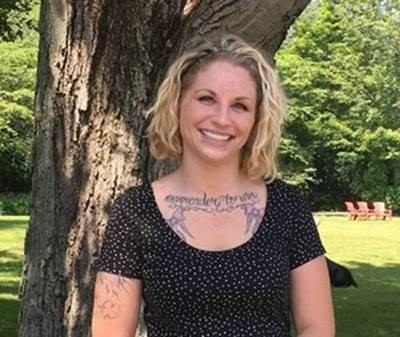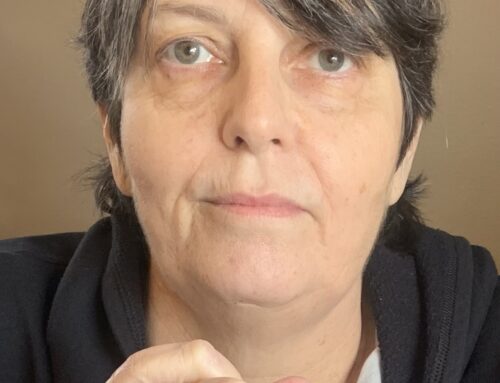It can be easy to fall for the promise of a fresh, new life; you see photos of manicured lawns and giant home-like facilities, activities that range from horseback riding to massage therapy – it sounds more like a vacation destination than a sober home. But behind the walls of some self-proclaimed sober homes and treatment centers are drugs and alcohol with “counselors” who do nothing to support the residents on their path to sobriety. Residents find themselves back where they started before treatment, or even worse off. And that’s exactly what happened to Casey O’Brien.
 In 2013, Casey found herself in Florida where she thought she was going to a place that would help her manage her substance use and mental health issues. A sober home is a place where people who have completed their treatment for substance-use disorders go to maintain their life of recovery. The homes are meant to provide a drug and alcohol-free safe space — to promote healthy living, independence and financial freedom to all who live there. Some people stay for just a short time and some stay for many years. Unfortunately, that’s not where Casey found herself following treatment in the Sunshine State.
In 2013, Casey found herself in Florida where she thought she was going to a place that would help her manage her substance use and mental health issues. A sober home is a place where people who have completed their treatment for substance-use disorders go to maintain their life of recovery. The homes are meant to provide a drug and alcohol-free safe space — to promote healthy living, independence and financial freedom to all who live there. Some people stay for just a short time and some stay for many years. Unfortunately, that’s not where Casey found herself following treatment in the Sunshine State.
“My experience in Florida, I ended up going from flophouse to flophouse, homeless, strung out … given all of these promises of the luxurious life,” she told WBUR. “But it’s really, it’s seedy, it’s dark and not something you would ever imagine when you hear the word treatment.”
Operators in these homes encouraged Casey to stay, even though residents were openly using drugs, and the homes were more than happy to continue taking the rent checks.
“It doesn’t matter if you’re clean or sober, your rent gets paid, you’re given cigarettes, and can use drugs freely so long as you take a drug test for them and go to these quote-unquote ‘intensive outpatient programs’,” she said.
Eventually, Casey’s insurance ran out, and she was kicked out of the sober home. Five months pregnant and homeless, she returned to Massachusetts where she sought inpatient treatment with us at the New England Recovery Center in Westborough. She’s been drug-free since completing residential treatment and now enjoys spending time with her daughter.
Sober home scams aren’t exclusive to Florida, they’re occurring all over the country, including Massachusetts. The best way to figure out which homes are going to be a positive influence and which ones aren’t is research. Talk to people who have gone through treatment and into a sober home and ask questions.
“All I can say is, continue to reach out, ask for help, don’t get information from someone related to a treatment center,” she said. “As a patient, you are a consumer. It’s a business; you have a right to ask questions.”
Check out Casey’s video testimonial about her experience at NERC on our official YouTube channel.
Casey’s story recently appeared on WBUR Common Health. You can read the full article on their website.
For more information on why you should receive treatment at home, see our CEO Kurt Isaacson’s op-ed in The Worcester Telegram.
Read more inspiring stories of personal addiction recovery here
If you or someone you love needs help for an addiction, call the New England Recovery Center at (844) 233-6372.










